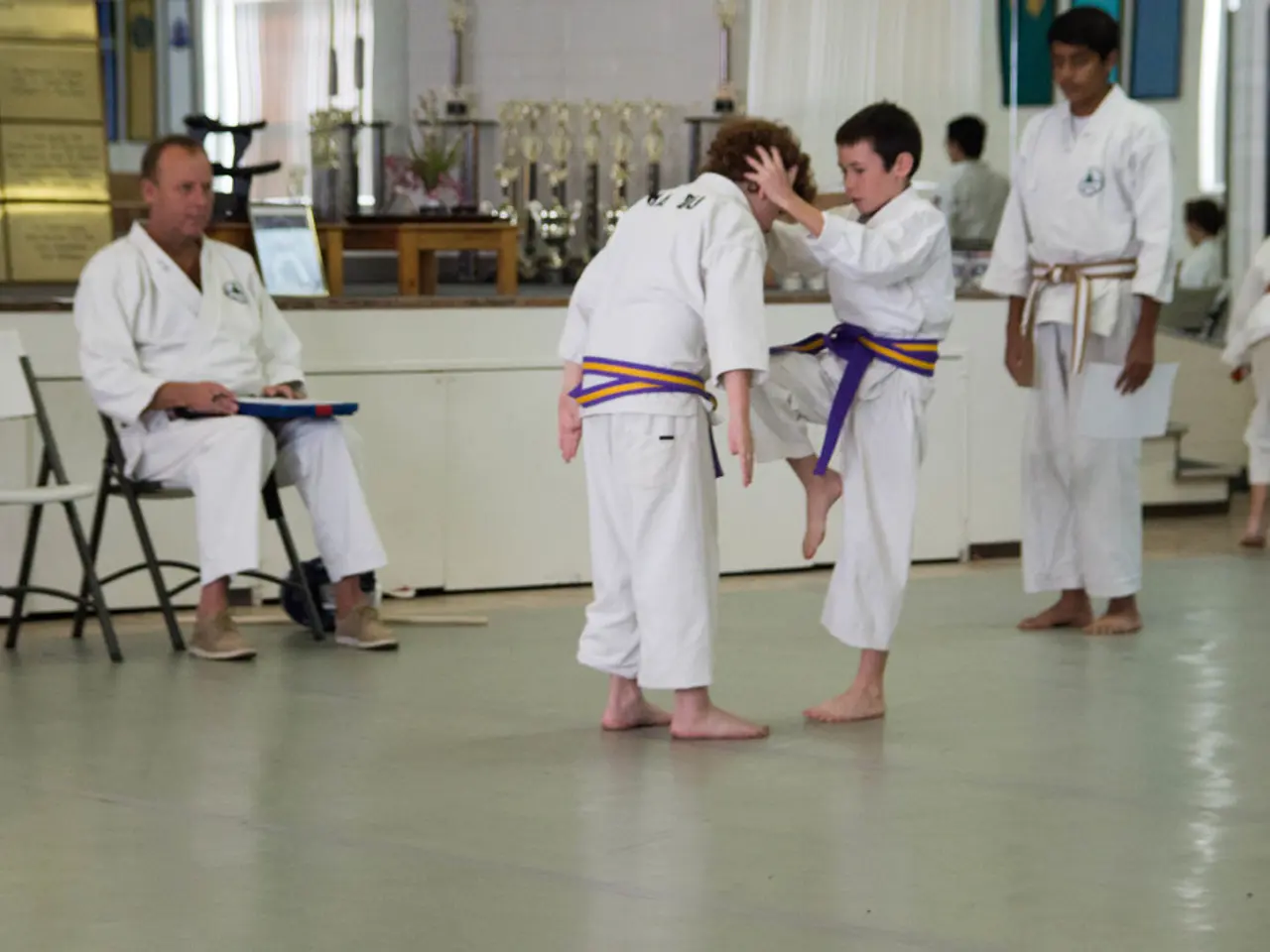Clever Parenting Tips from Montessori for Your Child's Development (10 Insights)
In the world of parenting, a unique approach has emerged that promises to prepare children for success in all areas of life: Montessori parenting. This method, inspired by the educational philosophy of Dr. Maria Montessori, encourages respect for a child's autonomy, natural curiosity, and independence.
Unlike traditional parenting, which often emphasizes structured guidance, external discipline, and parental authority, Montessori parenting places the child at the heart of the learning process. Key principles include respecting the child as an active learner, preparing a thoughtfully designed environment, encouraging self-discipline, and allowing children to choose their activities and set their own pace.
The role of the adult in Montessori parenting is not that of a controller or primary instructor, but rather a guide and facilitator. Learning is child-led, individualized, and mixed-age, with a focus on hands-on, sensory, and real-world experiences. Discipline is self-discipline, fostered through the environment and freedom, rather than through external enforcement.
Montessori education also values collaboration and peer teaching, with mixed-age groupings fostering a supportive learning environment. Assessment is based on intrinsic feedback via materials and self-recognition of errors, rather than on external rewards, punishments, and grades.
Outdoors plays a significant role in Montessori learning, offering countless opportunities for discovery and the development of gross motor skills. Simple activities like collecting leaves or creating a small garden can integrate nature-based learning into daily life.
One of the misconceptions about Montessori is that it is only for privileged families. However, it can be implemented at home without expensive purchases. Calm down corners, for instance, can be a quiet, cozy space with soothing items like soft pillows, calming books, or sensory objects like stress balls.
Montessori places a strong emphasis on fostering a love for reading from a young age. The best Montessori-approved books are those that reflect Montessori values: realistic stories, relatable characters, and beautiful illustrations.
As children grow, they are encouraged to take on more responsibilities, such as learning to dress themselves. This is a significant milestone in their journey towards independence. By fostering independence, responsibility, and a love for learning, Montessori equips children with the skills they need to navigate the challenges of the future.
Emotional regulation is another essential skill in Montessori education. Creating a calm down space is a great way to support a child's emotional development, providing a safe environment where they can process their feelings and learn to self-soothe.
In conclusion, Montessori parenting integrates natural developmental principles with respect and freedom, diverging significantly from the more authoritative and structured style typical in traditional parenting approaches. By embracing this holistic approach, parents can nurture independent, confident, empathetic, and critical-thinking children.
- Montessori parenting methods, inspired by Dr. Maria Montessori, emphasize emotional intelligence, promoting a child-led learning environment that respects their autonomy and natural curiosity.
- Instead of structured guidance and external discipline, Montessori parenting focuses on preparing a thoughtfully designed environment and encouraging self-discipline, allowing children to choose their activities and set their own pace.
- Science and health-and-wellness are essential components in Montessori education, with outdoor activities for discovery and development of gross motor skills, and a focus on nature-based learning.
- Education and self-development are also prioritized in Montessori, with a strong emphasis on fostering independence, responsibility, and emotional regulation through individualized learning, collaborative peer teaching, and the creation of calm down spaces.




